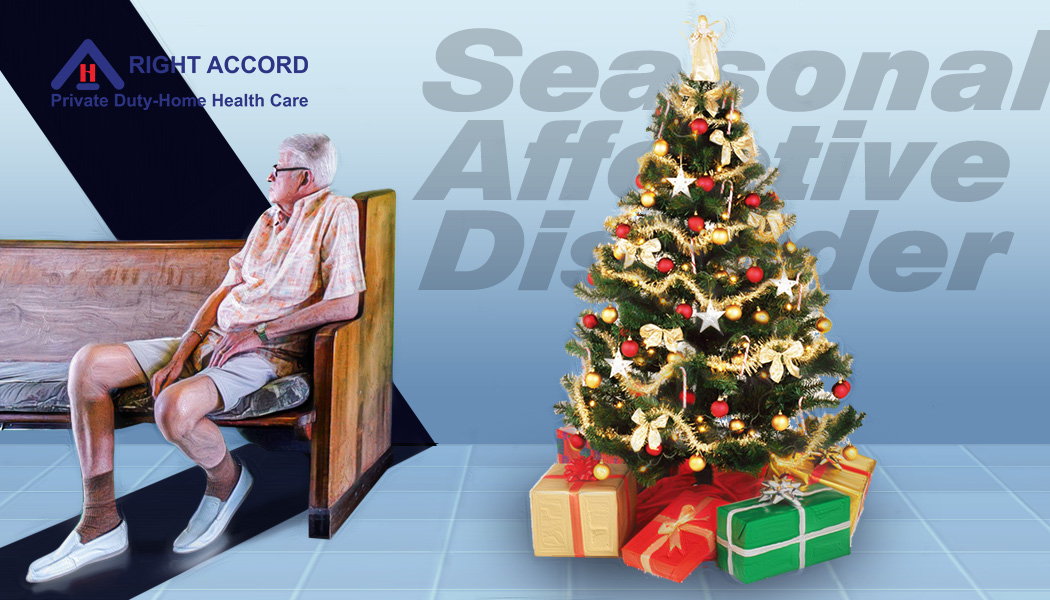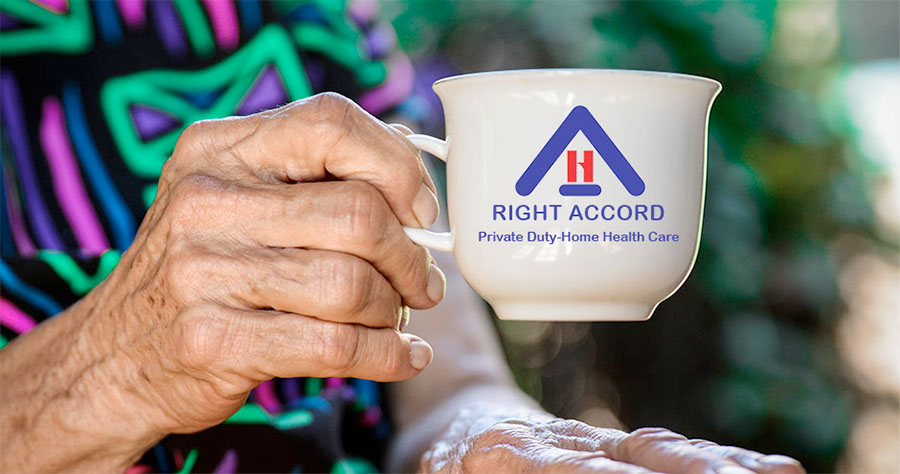· 8 min read
How Seasonal Affective Disorders Can Affect The Elderly
Seasonal affective disorder is a health condition, a form of depression usually seen at certain times of the year. It's a depressive disorder that's recurrent.
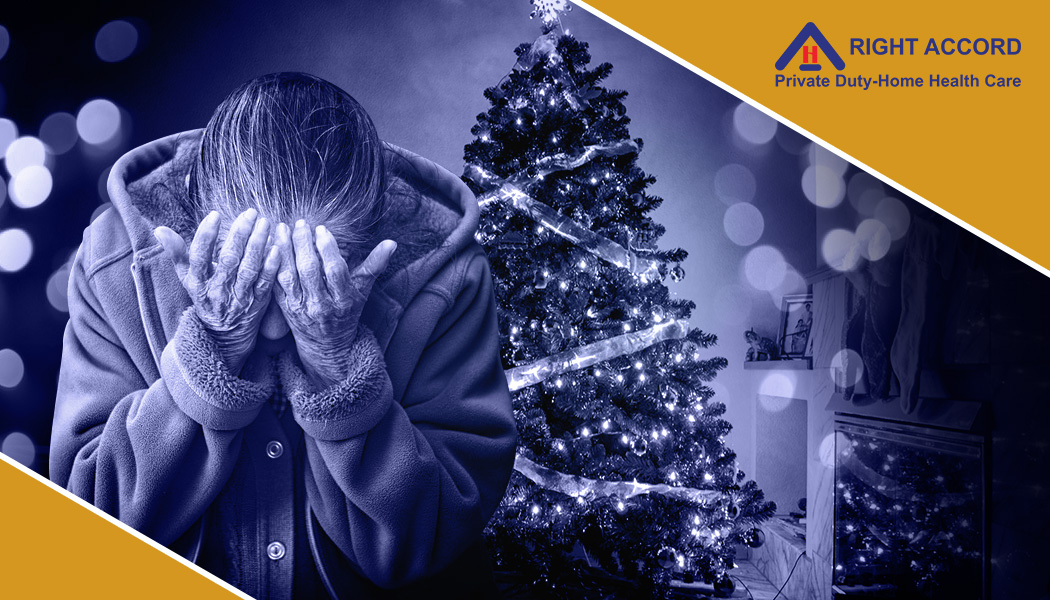
By: Rosemarie Tamunday Casanova — RN, BSN, MHA
It may indeed seem out of place to not just “feel” the season at a time where most people are bubbling and jostling in its euphoria as they anticipate the coming holiday season.
Not only that, you may also find that this gloominess has nothing to do with your financial or material lack of the funds required sometimes to meet up with the expenses that go with holiday shopping and spending . And when the season is finally over, you find that that depressive state you were once in, disappears. This is nothing strange, neither is it a condition that is irredeemable.
Seasonal affective disorder is a health condition, a form of depression usually seen at certain times of the year only. It is a major depressive disorder that is recurrent. Many people suffer from this around the winter season when sunlight is low, the weather is cold and the days are shorter. It recurs in the same season every year.
According to the national institute for health, up to 10 million people are affected by seasonal affective disorder. In fact, it is so common that it has been nicknamed the “Winter SADness”.
What is responsible for Seasonal Affective disorders?
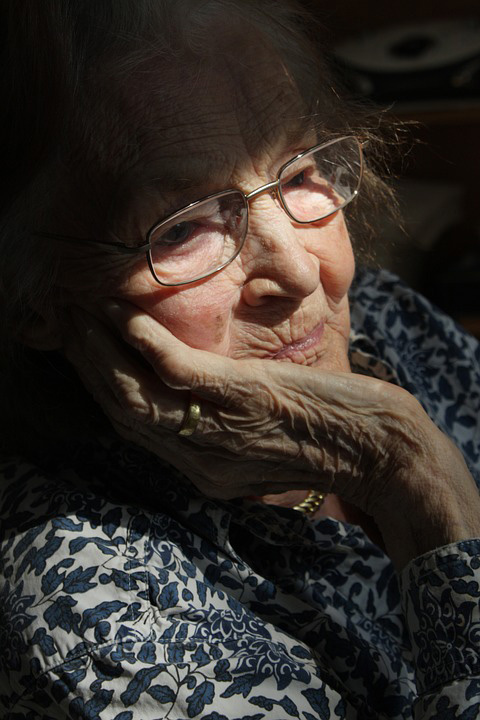
Photo by Geralt on Pixabay
Seasonal affective disorder is caused by hormonal changes that occur during the change of weather conditions. As the days become shorter and the atmospheric temperature gets cooler, people tend to stay indoors more. The reduced inactivity and sunlight have been implicated in this condition.
It alters the circadian rhythm, melatonin level and sleep pattern of the individual. This is usually followed by depression.
Seasonal affective disorder comes with a set of symptoms similar to those of depression. Not everyone will show all the symptoms of this condition, however, they all will fall under the below mentioned.
Symptoms of Seasonal affective Disorder
People who live farther south or north; away from the equator are usually more affected by the condition than those who live closer to the equator. This is simply because the farther one is from the equator, the lesser the duration of sunlight they get and the lower the atmospheric temperature.
The symptoms include:
- Disturbance in sleep pattern
- Loss of appetite
- Lack of interest in activities
- Feeling sluggish
- Agitation
- Lack of energy
- Feeling of hopelessness
- Suicide ideation
- Difficulty in concentrating on tasks
The above outlined symptoms are general symptoms. However there are symptoms specific to certain types of Seasonal affective disorders depending on the time of the season when they occur.
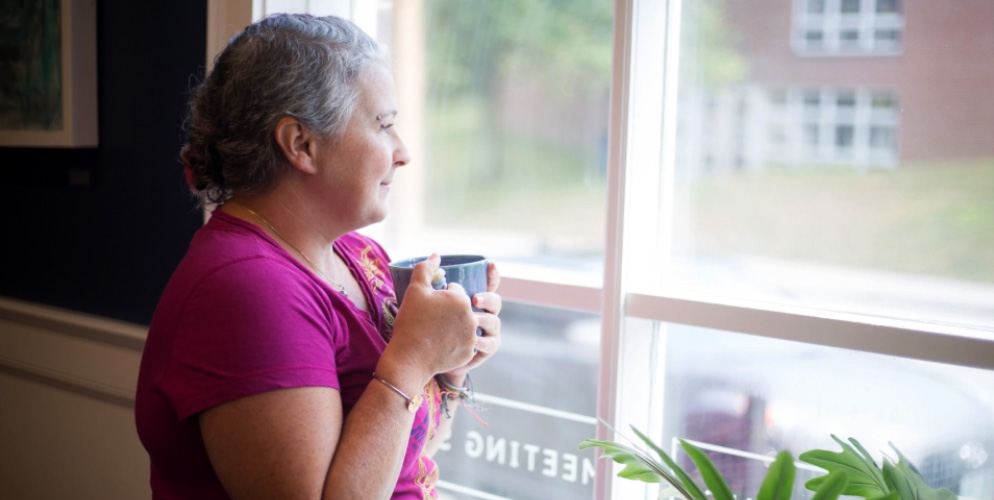
Photo by Kristin Hardwick on Stocksnap
Winter Onset Seasonal Affective Depression
- Increased sleep time
- Increased food intake
- Weight gain
- Low energy level
Now that we are familiar with the concept of seasonal affective disorder, let us now look at what causes it and find out if you are prone to having this condition.
- Poor appetite
- Insomnia (lack of sleep)
- Aggressive tendencies
- Weight loss
What Causes Seasonal Affective Disorder?
The Body’s Clockwork
How the body balances your sleep-wake cycle is known as circadian rhythm. This rhythm can be altered by a reduction in daily sunlight and shorter days as seen in winter season. That alteration can cause feelings of depression.
Hormonal Alterations
- Melatonin, an important chemical in the brain which helps in regulating sleep pattern can get upset by these weather changes. A fall or increase in the levels of this chemical leads to too much sleep or too less of same, the altered sleep pattern then manifesting as altered mood, amongst other things.
- Serotonin is another chemical in the body which has been nicknamed the “feel good” chemical. The alteration of weather patterns cum circadian rhythm leads to a reduction of this chemical in the brain.
- The less of it the body produces, the higher the chances that the person will start to tilt towards a depressive state.
What Are The Chances That You Will Have Seasonal Affective Disorder?
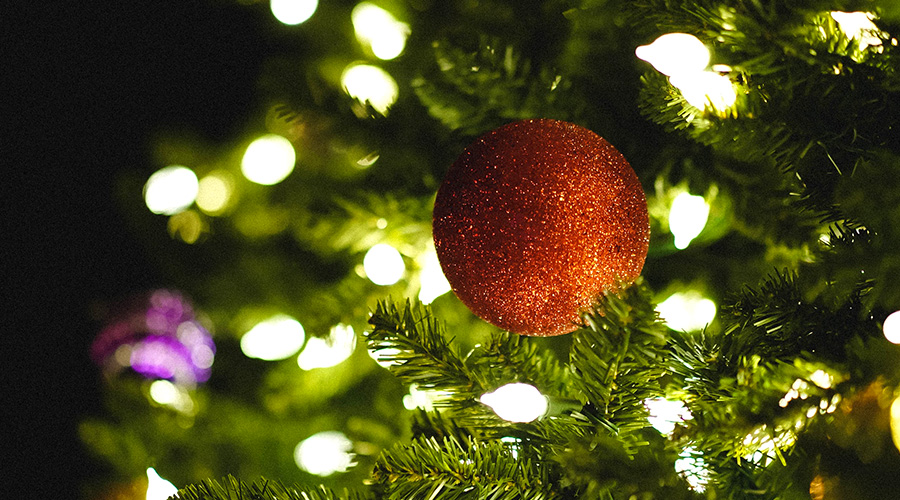
Photo by Greyson Joralemon on Unsplash
Asides the earlier discussed factors that cause seasonal affective disorder, there are also other factors that predispose people to this condition.
Having any of these does not necessarily mean you will end up having seasonal affective disorder, but it sure does put you in the subset of likelihood.
A Family History of Depression
Clinical depression in general or seasonal affective disorder in particular. When a member of your family has suffered from depression of any form, it is possible that you may also have the same condition at some point.
Geographical Location
Where you reside has a huge role to play on how predisposed you could be. For example, a person who lives in brazil or west Africa is less likely to have seasonal affective disorder in comparison to people in Norway or Canada. The latter countries are farther from the equator than the former.
Age and Sex
Women are more likely to be affected by this condition and also younger people are more affected than the elderly.

Photo by Direct Media on Stocksnap
What are the Concerns about Seasonal Affective Disorder in the Elderly?
Although the elderly are less affected compared to younger individuals, there is still always a risk that some will be. When the elderly are affected, it becomes a cause of concern.
Elderly people are sometimes physically dependent, are on medication, or are not disposed to engaging in the habits that can help manage the condition. This may tilt them down the cliff of developing the complications associated with the condition.
What could go wrong when you have seasonal affective disorder?
Health Complications from Malnutrition
An altered feeding pattern can affect the amount of nutrition the body gets especially when there is reduction in food intake.
This malnourishment can offset other co-morbidities that the elderly may be suffering from such as diabetes, hypertension, bone disorders, etc.
Withdrawal From Society and Activity
Daily activity is important in maintaining healthy bones. An elderly person who becomes sedentary and withdrawn because of the depression associated with seasonal affective disorder may start to gain unhealthy weight. This could also affect the blood pressure of the individual.
Abuse of Substance
People with depression tend to find something, anything at all that can give them the feeling of happiness, even if this escape is temporary or even detrimental in certain cases. They may fall into the habit of substance abuse. Recreational drugs and alcohol can be the go-to for them.
Reduction in Quality of Life
Productive hours can be affected when this form of depression sets in. Also, the person may no longer find joy in the things that would usually be a source of joy and fun to them.
Suicidal Tendencies
When depression progresses unchecked, it gets to a point where the person may feel like ending it all. Suicidal ideation is like walking on a frozen lake of thin ice and if not properly managed, the person can give in to the thoughts of ending their life.
Coping With The Challenge Of Seasonal Affective Disorder
It is first good to understand that if you have this condition, it is not a death sentence and it can be well managed.
While it is best to seek the help of a medical expert for proper diagnosis and management, here are certain things that you must understand and what you can do about them.

Photo by Direct Media on Stocksnap
Feeling Blue Isn’t Out of this World
Understand that other people go through these feelings at different times in their lives. People have been there so you too can also get through this rough patch. You are not alone.
Spend as Much Time as you Can Outdoors and with Other People
Depressive state is worsened by isolation and limited socialization. Instead of being alone, spend time with family and friends, hang out and catch some fun.
When you Feel Like to Pull Out from the Crowd, Do.
Take some alone time when you have to. This limits the pressure put on you by being in crowds. This is much more important for people whose seasonal affective disorder states is triggered or worsened by the expectations people or society puts on them during such holiday periods such as financial expenses.
Rest a Lot
If you have challenges with insomnia, create a more soothing environment that facilitates sleep. Serene environment, soft music, turning off the lights during bed time, and other techniques could help.
Increase your Vitamin D Intake
The body requires sunlight in order to manufactures its own vitamin D. With the reduced amount of sunlight available during these seasons, the body’s amount of vitamin reduces, coupled with the tendency that an elderly person with seasonal affective disorder will likely want to stay indoors, further limiting their exposure to sunlight.
This vitamin has been shown to play an important role in mental and physical wellbeing. Vitamin supplements may come in handy at this time of the year to boost its depleting reserve.
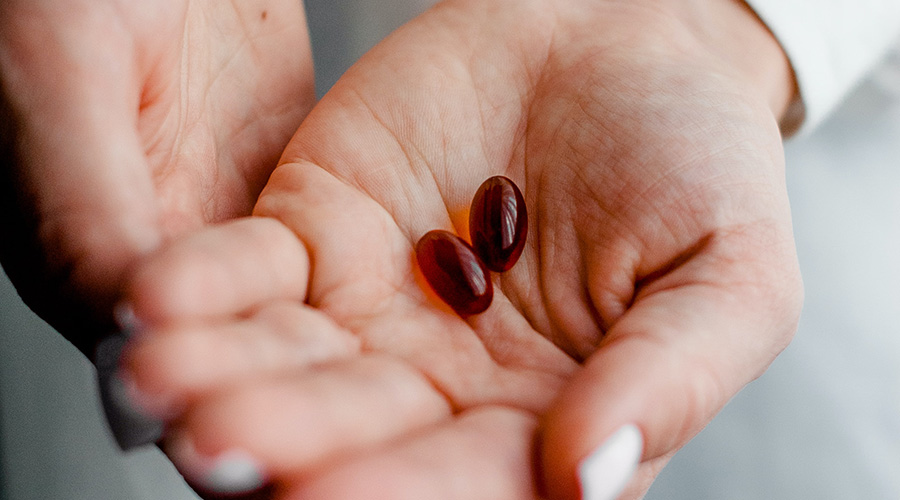
Photo by Kate Hliznitsova on Unsplash
Light Therapy
Artificial UV light therapy is a technique that helps with this condition. Light boxes are available. They are designed to emit ultraviolet light similar to what the sun produces.
This device can be used indoors. Light boxes also help in stimulating the production of vitamin D by the body.
Seasonal affective disorder is like the name implies. After the season, it phases out and the individual can return to their regular optimal life.
For further care during such seasons, Home care services are always available to provide the best presence and attention the elderly person would require and this can be fully taken advantage of. Happy holidays!
